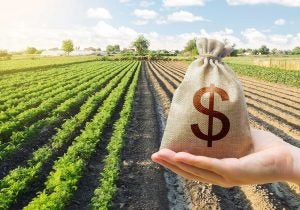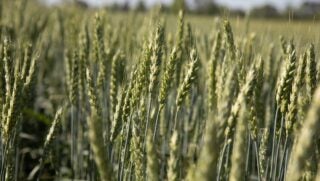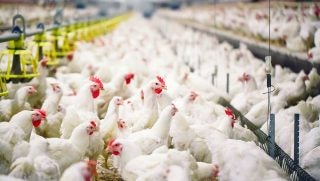Earlier this year, the U.S. Department of Agriculture announced rules suggesting that the agency had high hopes to crack down on organic fraud in the food sector.
Cue reports of organic fraud.
U.S. Attorney Andrew M. Luger said that James Clayton Wolf, a 65-year-old Cottonwood County, Minnesota farmer, pleaded guilty to wire fraud in an organic grain fraud scheme.
Between 2013 and 2021, Wolf, a certified organic farmer, used a scheme to defraud grain purchasers from selling them non-GMO grains falsely represented as organic, according to court documents.
News releases suggest that Wolf admitted to purchasing conventionally farmed grains from a supplier and reselling the grains labeled as organic — and the schemes earned quite the profit.
Altogether, the scheme netted profits of more than $19.6 million, which Wolf used to purchase real estate, vehicles, farm equipment, and other investments.
Wolf pled guilty before Judge Menendez to one count of wire fraud. He will reportedly forfeit all the fraud proceeds as part of the agreement, but a sentencing hearing is yet to be scheduled.
The case resulted from an investigation conducted by the U.S. Department of Agriculture Office of the Inspector General, the FBI, and the U.S. Marshals Service, with assistance from the Cottonwood County Sheriff’s Office.
Assistant U.S. Attorneys Robert Lewis, Craig Baune, and Quinn Askew are prosecuting the case.

Organic fraud in the U.S.
According to the Nutrition Business Journal, organic foods bring a premium price in the U.S., reaching $52 billion in sales in 2021. But, ensuring that organic producers comply with program requirements has been difficult to verify.
This isn’t the first time someone’s made so much money selling organic products that weren’t organic.
In 2020, in South Dakota, a farmer reportedly made $71 million between 2012 and 2017 in fraudulent income by selling conventionally grown grain as organic.
Again in 2020, a Florida man was accused of selling non-organic commodities as organic.
In 2022, a farmer in Minnesota was charged in a $46 million grain fraud scheme where he was accused of buying conventionally grown grain and reselling it as organic.


